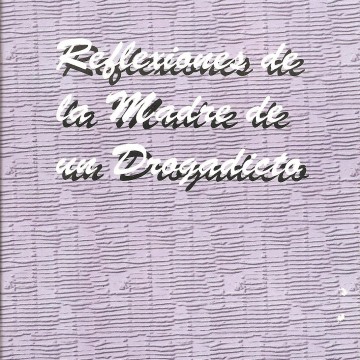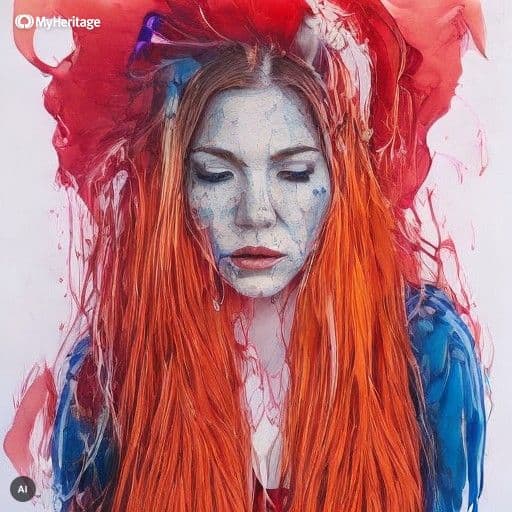Zulema Biasi knows what it means to suffer with a drug-addicted child. Her son struggled with drug addiction for many years. The pain and, most importantly, the lessons from that time have given Biasi the drive and knowledge to help others in her community. In her book, Reflexiones de la Madre de un Drogadicto (“Reflections of a Junkie’s Mother”), Biasi writes “My only wish, when writing my reflections, is to use that sad experience in order to help other parents whose children fall into addiction.” Since her move into the United States from Buenos Aries, Argentina, she has done just that. Biasi speaks from the heart and tells a truth few others have the courage to articulate.
In her current position as Family Initiatives Coordinator at Latino Memphis, Biasi works to help Spanish-speaking families adjust to life in Memphis, TN. She identifies drug abuse as a big problem in the Latino community. The parents who come to her for help are urged to speak to their children about drugs. “Education [about drugs] gives the children the tools,” says Biasi. “That is what I’m trying to do.”
She stresses open, honest communication between parents and children, but she also stresses honest introspection. “I won’t say there’s no discrimination [against Latinos]; there’s a lot. But people discriminate against themselves…If you feel that people discriminate against you, they will,” she explains. Biasi believes this attitude results in a loss of empowerment and self-worth. This is a dangerous loss for a family already struggling against such issues as drugs abuse and violence. She worries, “They never think that they can have the problem. It’s not only drugs, but the bad choice in friends that can lead to drugs.”
Biasi pushes her Latino families to look outside their own homes, into the community at large. “Memphis gives me the opportunity to many things. It’s not a big city. You can do a lot of things,” she says. What a lot of non-Latino Memphians fail to understand is “many Latino families come here looking for a better life,” Biasi explains. “Neither group learns the traditions of the other. We have to get the two groups together because we are all Americans on the same level.” She endeavors to bridge the cultural gap in her every day work at Latino Memphis.
“The day we understand other cultures peace will be easy to get. Every individual, without looking at language, country or religion, is a valuable person.”
Zulema Biasi’s story has a happy ending (her son kicked his drug habit and is doing well), an ending she wants to give others. Biasi shares the wisdom gained from a painful past. Every day she lives the advice she gives, “Never feel less or inferior to others, but try to improve yourself. The way to improve is to give yourself to the community. Give your talent.”





What do you think?